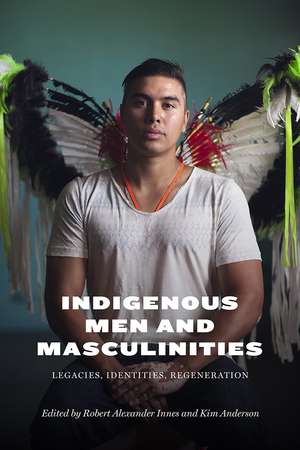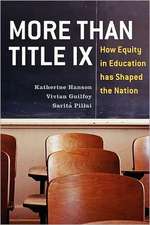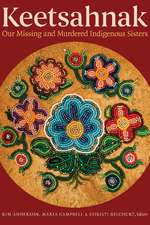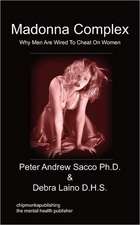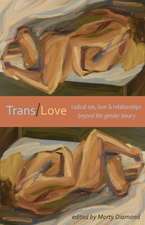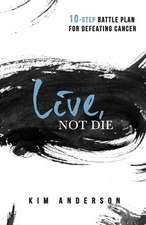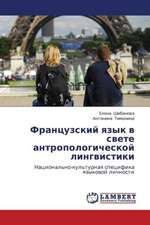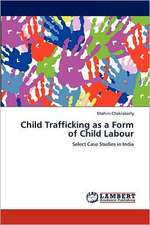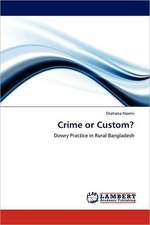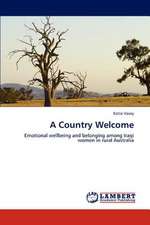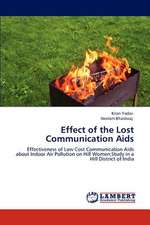Indigenous Men and Masculinities: Legacies, Identities, Regeneration
Editat de Robert Alexander Innes, Kim Andersonen Limba Engleză Paperback – 29 noi 2015
The sixteen essays in Robert Alexander Innes and Kim Anderson’s Indigenous Men and Masculinities: Legacies, Identities, Regeneration explore the complex and diverse experiences of Indigenous men and those who assert Indigenous masculine identities. Editors Kim Anderson and Robert Alexander Innes show that expressions of contemporary Indigenous masculinity have been influenced by the racial and gender biases rooted in colonial policies and structures that have disrupted traditional roles and distanced Indigenous men from their families and communities––whether through disempowering traditional forms of governance, residential schools, incarceration, or other means of dislocation.
This collection of diverse academic and community voices from Canada, New Zealand, and the United States tackles a wide range of issues facing Indigenous men to arrive at multiple meanings of Indigenous masculinity. Taken together, these essays challenge the imposed stereotypical notions of Indigenous masculinity that, once internalized, act to subjugate Indigenous women, children, and Elders, and further reinforce the colonial structures that oppress Indigenous people. The essays illustrate the ways that some Indigenous men are caught up in this cycle of dysfunction, violence, and living up to or even defending false stereotypes, but also how others are building on cultural foundations that point toward the decolonization and healthy expression of Indigenous masculine identities.
This collection of diverse academic and community voices from Canada, New Zealand, and the United States tackles a wide range of issues facing Indigenous men to arrive at multiple meanings of Indigenous masculinity. Taken together, these essays challenge the imposed stereotypical notions of Indigenous masculinity that, once internalized, act to subjugate Indigenous women, children, and Elders, and further reinforce the colonial structures that oppress Indigenous people. The essays illustrate the ways that some Indigenous men are caught up in this cycle of dysfunction, violence, and living up to or even defending false stereotypes, but also how others are building on cultural foundations that point toward the decolonization and healthy expression of Indigenous masculine identities.
| Toate formatele și edițiile | Preț | Express |
|---|---|---|
| Paperback (1) | 184.55 lei 3-5 săpt. | |
| University of Manitoba Press – 29 noi 2015 | 184.55 lei 3-5 săpt. | |
| Hardback (1) | 496.45 lei 6-8 săpt. | |
| University of Manitoba Press – 6 noi 2015 | 496.45 lei 6-8 săpt. |
Preț: 184.55 lei
Nou
Puncte Express: 277
Preț estimativ în valută:
35.31€ • 37.00$ • 29.19£
35.31€ • 37.00$ • 29.19£
Carte disponibilă
Livrare economică 21 martie-04 aprilie
Preluare comenzi: 021 569.72.76
Specificații
ISBN-13: 9780887557903
ISBN-10: 0887557902
Pagini: 304
Ilustrații: yes
Dimensiuni: 152 x 229 x 23 mm
Greutate: 0.47 kg
Ediția:1
Editura: University of Manitoba Press
Colecția University of Manitoba Press
ISBN-10: 0887557902
Pagini: 304
Ilustrații: yes
Dimensiuni: 152 x 229 x 23 mm
Greutate: 0.47 kg
Ediția:1
Editura: University of Manitoba Press
Colecția University of Manitoba Press
Notă biografică
Robert Alexander Innes is a Plains Cree member of Cowessess First Nation and is Assistant Professor in the department of Native Studies at the University of Saskatchewan.
Kim Anderson is a Cree/Métis educator and is Associate Professor in Indigenous Studies at Wilfrid Laurier University.
Kim Anderson is a Cree/Métis educator and is Associate Professor in Indigenous Studies at Wilfrid Laurier University.
Descriere
The sixteen essays in Robert Alexander Innes and Kim Anderson’s Indigenous Men and Masculinities: Legacies, Identities, Regeneration explore the complex and diverse experiences of Indigenous men and those who assert Indigenous masculine identities. Innes and Anderson illustrate the ways that some Indigenous men are caught up in a cycle of dysfunction, violence, and living up to false stereotypes, but also how others are re/connecting with cultural foundations that point towards the decolonization and healthy expression of Indigenous masculine identities.
